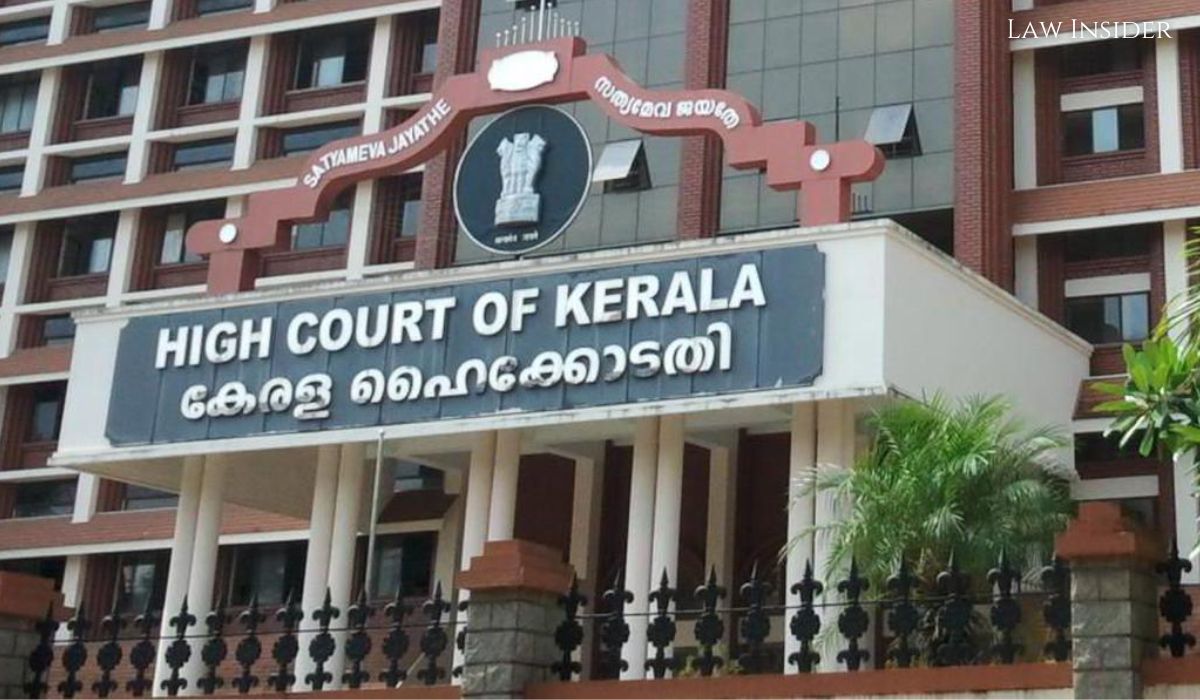LI Network
Published on: 22 September 2023 at 11:30 IST
The Kerala High Court has ruled that there must be a direct and immediate connection between the unlawful activities committed by a detainee and the issuance of a detention order.
A Division Bench comprising Justice P.B. Suresh Kumar and Justice P.G. Ajithkumar emphasized that prolonged delays in detention raise substantial doubts about the legitimacy of the detention order.
The Court noted that the unreasonable gap between the detainee’s prejudicial activities and the purpose of detention casts serious doubt on the authenticity of the subjective satisfaction reached by the detaining authority regarding the existence of a direct and immediate link.
The case in question involved a petitioner who approached the High Court with a Habeas Corpus petition seeking the release of his son, who had been detained under the Narcotic Drugs and Psychotropic Substances Act, 1988, in connection with an alleged incident that occurred in 2020.
The charges were registered under Sections 20(b)(ii) C, 27A, and 29 of the Act, relating to contraventions involving cannabis and illicit trafficking. The detention order in question was only issued in 2023, after a delay of over two years.
The Court took note of the fact that the alleged incident occurred in November 2020, and the detention order was issued in July 2023, which amounted to a delay of two years and eight months.
The Court emphasized that detention orders are meant to prevent further illegal activities by the detainee and that there must be a direct and immediate connection between the detainee’s prejudicial activities and the issuance of the detention order.
It was held that detention orders issued after significant delays would not fulfill the purpose of detention and would result in a violation of the fundamental rights guaranteed under Articles 20 and 21 of the Constitution.
The Court stated, “There cannot be any doubt that there has to be a live and proximate link between the prejudicial activities of the detenu and the purpose of detention, for otherwise, the purpose of detention will not be served, and the order of detention would result in infringement of the fundamental rights guaranteed to the detenu under Articles 21 and 22 of the Constitution.”
The Court found that the respondents had not presented any evidence that the detainee was involved in any other prejudicial activities between 2020 and 2023. It also noted that the maximum period of detention allowed under the statute was one year, and the delay of two years and eight months in issuing the detention order could not be justified.
As a result, the Court quashed the detention order against the petitioner’s son.

